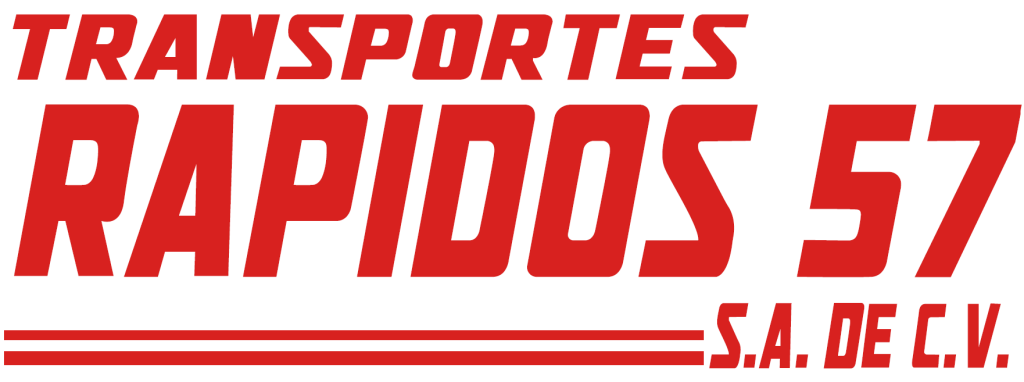
Accountants are more specialized, so not every company has an in-house accountant. You can use a firm or work with accounting software for your business needs. However, it’s important to note that your bookkeeper won’t be the only person working on your business finances. So you’ll want to understand which tasks your bookkeeper is and isn’t responsible for handling. Small businesses often work with tax advisors to help prepare their tax returns, file them and make sure they’re taking advantage of small-business tax deductions.
Many small businesses owners choose to do their own bookkeeping, then hire an outside CPA to generate and file their tax returns. Other businesses employ both bookkeepers and accountants — or one person who takes care of both their bookkeeping and accounting. If you already use a CPA and want to hire a bookkeeper, ask your accountant for recommendations. Many businesses might only need to hire a bookkeeper and invest in an accountant for tax preparation services during the tax season. Having a bookkeeper that regularly produces financial statements will give you enough data for an accountant to process tax returns. If your business already has a bookkeeper, but you begin to struggle with legal financial questions, it might be time to hire an accountant.
Bookkeeping
Accountants use bookkeeping records to assess big-picture finances and make smart business decisions. They also provide insights about the company’s overall financial health to business owners and other stakeholders. Accounting focuses on using that data to assess the financial health of a business and make data-driven business decisions. Bookkeeping focuses on managing financial books by documenting transactions, managing accounts, and recording financial data.

Growth for accountants and auditors is expected to continue for the next several years. The Bureau of Labor Statistics (BLS) expects 6% job growth in this field from 2021 to 2031. These external reports must be prepared in accordance with generally accepted accounting principles.
What is Bookkeeping?
In the long run, however, it wouldn’t be financially wise to continue doing that, as many errors might creep in, potentially costing you money and time. The United States doesn’t have a standardized qualification for practicing bookkeepers. The U.S. Bureau of Labor Statistics states that those practicing bookkeeping should hold at least a high school diploma, but usually have postsecondary education.
The information derived can be used to make actionable, financially sound business decisions. Unlike bookkeepers, there are a range of different professional certifications that accountants may acquire. Examples include the AAT, ACA, ACCA and CIMA accountancy qualifications. Depending on the size of your business and the number of transactions that are completed, the complexity of your ledger can vary from spreadsheets to accounting software. One of the key components of bookkeeping is maintaining a general ledger, which is a record used to sort, store and summarise a company’s transactions. As a small business owner, having a good grasp of your business financials is key-even if you’ve hired an accountant.
Process of Bookkeeping
Alternatively, private accountants typically work on a more even-keeled schedule. Another key difference between public CPAs and private accountants is that private accountants do not have to obtain CPA certification and licensure, unless they file financial reports accounting vs bookkeeping with the SEC. They may pursue other certifications that are more applicable to their regular job duties. As the business grows, you might have to enlarge your bookkeeping and accounting team to help you with cash flow for more than just the tax season.

Bookkeeping is a transactional and administrative role that handles the day-to-day tasks of recording financial transactions, including purchases, receipts, sales and payments. Accounting is more subjective, providing business owners with financial insights based on information gleaned from their bookkeeping data. Accounting is the process by where a company’s financials are recorded, summarized, analyzed, consulted and reported on.
Accountant Credentials
Many small and midsize business (SMB) leaders find it challenging to decide who can meet their financial needs. Some small companies may not have an official bookkeeper, so an accountant will also take on the responsibilities of a bookkeeper too. Or the bookkeeping duties may be assigned to an accountant with less work experience. For instance, a bookkeeper might recommend the software for a double entry system of accounting, but the accountant would approve it.
Best Online Bookkeeping Services – Money
Best Online Bookkeeping Services.
Posted: Fri, 07 Jul 2023 07:00:00 GMT [source]
Their clients could be individuals or businesses ranging in size from sole proprietors to large corporations. This means they’ve earned the Certified Public Accountant designation and obtained licensure in their state. Though their practices generally differ, they may intersect at some points, causing confusion on what specialist could be the best fit for a business. So before you start looking through accountants or bookkeepers to hire, a good rule of thumb is to carefully analyze your business needs and available resources. Then you can decide whether to hire an in-house specialist, outsource bookkeeping or accounting tasks, or turn to a CPA firm. The difference between bookkeeping and accounting services is definitely reflected in the cost.
While a bookkeeper can help with the precise details of the business, an accountant is better suited to do bigger-picture analysis and strategic planning. A bookkeeper is the person on your team who handles your business’s books the most. They are responsible for maintaining the ledger, whether that’s analog or via an automated accounting software, and ensures the books stay balanced. Bookkeepers and accountants sometimes do the same work, but have a different skill set. In general, a bookkeeper’s role is to record transactions and keep you financially organized, while accountants provide consultation, analysis, and are more qualified to advise on tax matters.
They also need hands-on experience through internships and other professional opportunities. In this guide, we’ll explain what bookkeeping is, what accounting is and the key differences between them. By the end, you should be able to decide whether your business needs to hire a bookkeeper, accountant or both. It’s helpful to understand the different roles of a bookkeeper and an accountant so you can utilize them appropriately as your business grows. Although they both have a hand in your company’s finances, their skill sets and purposes vary.
